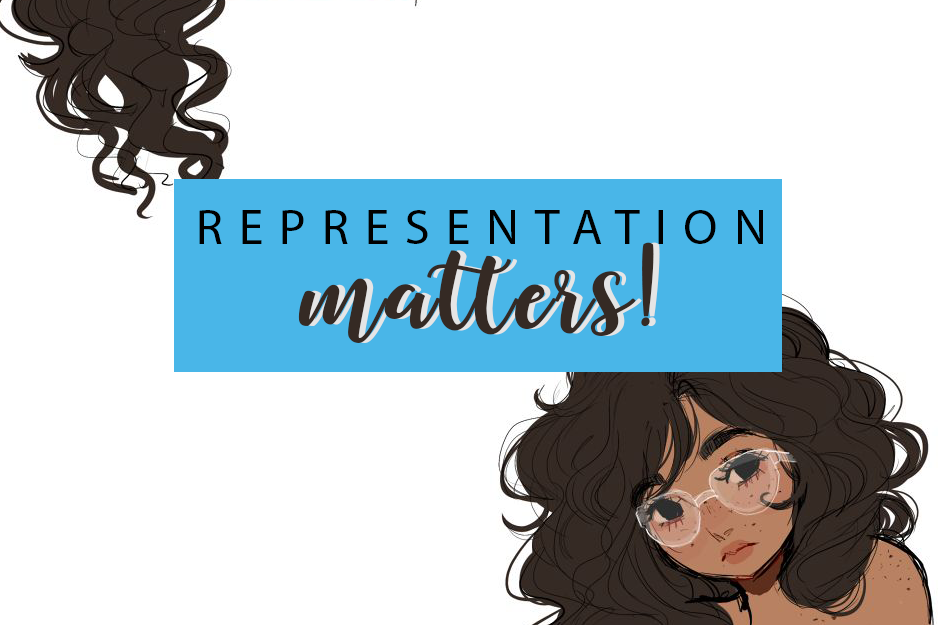 The other day I read a convo on twitter that made me really think about how we often see ourselves, and how we can hurt someone else when we are hurting.
The other day I read a convo on twitter that made me really think about how we often see ourselves, and how we can hurt someone else when we are hurting.
It revolved around the new Blade Runner trailer, and the fact that there are no visible POC on it. Often in sci-fi movies the future is completely whitewashed, as if no Black people or Latinx exist even exist in this world. It’s a sad thing because a lot of sci-fi movies still do that, with literally zero excuse.
But then someone talked about having a Cuban actress, and was immediately shot down as invalid because the actress is white.
We do have white Latinx, just like we have Indigenous Latinx and Afro-Latinxs and Asian-Latinx. Latin America in itself was a country built on colonization. In each country we have a different response to our identity (and I wrote about being Brazilian here in the blog too). And even though yes, white Latinx obviously have a lot more privilege than other Latinxs, the phrasing still bothered me.
Here’s the thing: someone invented the term Latinx to identify all people in South and Central America and Mexico. The term was coined to put all of us together in this big monolith as an identity. When I travel to Europe or the USA or Australia, I’m perceived as Latinx from the moment I say where I’m from. From the moment I’m introduced, I am Latinx.
Of course, here in Brazil this is a practically non-existent identity, since we have different social and racial dynamics. And I’m sure this also goes for literally all the other South and Central American countries. Because of our history and our colonization, everyone has learned to build their identity differently.
But then you’re introduced to this concept of Latinx and Latinidad. At first, it’s a little confusing. But then you start to understand how it is outside your country, how you are looked at from the perspective of the world. So you accept that, and even embrace it.
And then someone comes over and tells you that’s not enough.
I probably don’t need to get into a deeper conversation about privilege in society and that if you’re a white Latinx, you’re more privileged than others because you get to pass as white. But to the world outside, it doesn’t make a difference when it comes to it. The comment bothered me a little because it was so dismissive towards everyone else. Like, you make up this label, force everyone to accept it, and then now you tell me that it isn’t enough?
It also falls often into that discussion of erasure of identities, especially faced by Latinxs whose parents immigrated to the US. Not Latinx enough for Latin America, not american enough for the US. It’s a double-edged sword, and that often pushes people back from the movements instead of embracing them.
Don’t get me wrong: privilege and intersectionality should always still be a discussion. The fact that they called only a white Latinx for the part and no other POC speaks loudly. This happens not only in movies, but books too, but it shouldn’t erase the person’s identity or even dismiss them completely. This is something that should be asked for the producers, and not turn it back to the people who are cheering this addition to the cast. Because usually, even if you’re a white-passing Latinx, you still don’t have that much power in the industry, and that’s a fact.
Thanks for sticking with me in this little reflection about white Latinx identity and representation once again in media. To be honest, I’m not sure where I was going with this, but basically: don’t dismiss other people’s identity so easily. Bring it up to discussion and yes, talk about privilege, but don’t just discard it and make them the image of the enemy. Unfortunately, we are still stuck in a society that values whiteness above everything else, and I understand how hurtful this constant battle is. But sometimes, it has to be about union rather than divisiviness.
